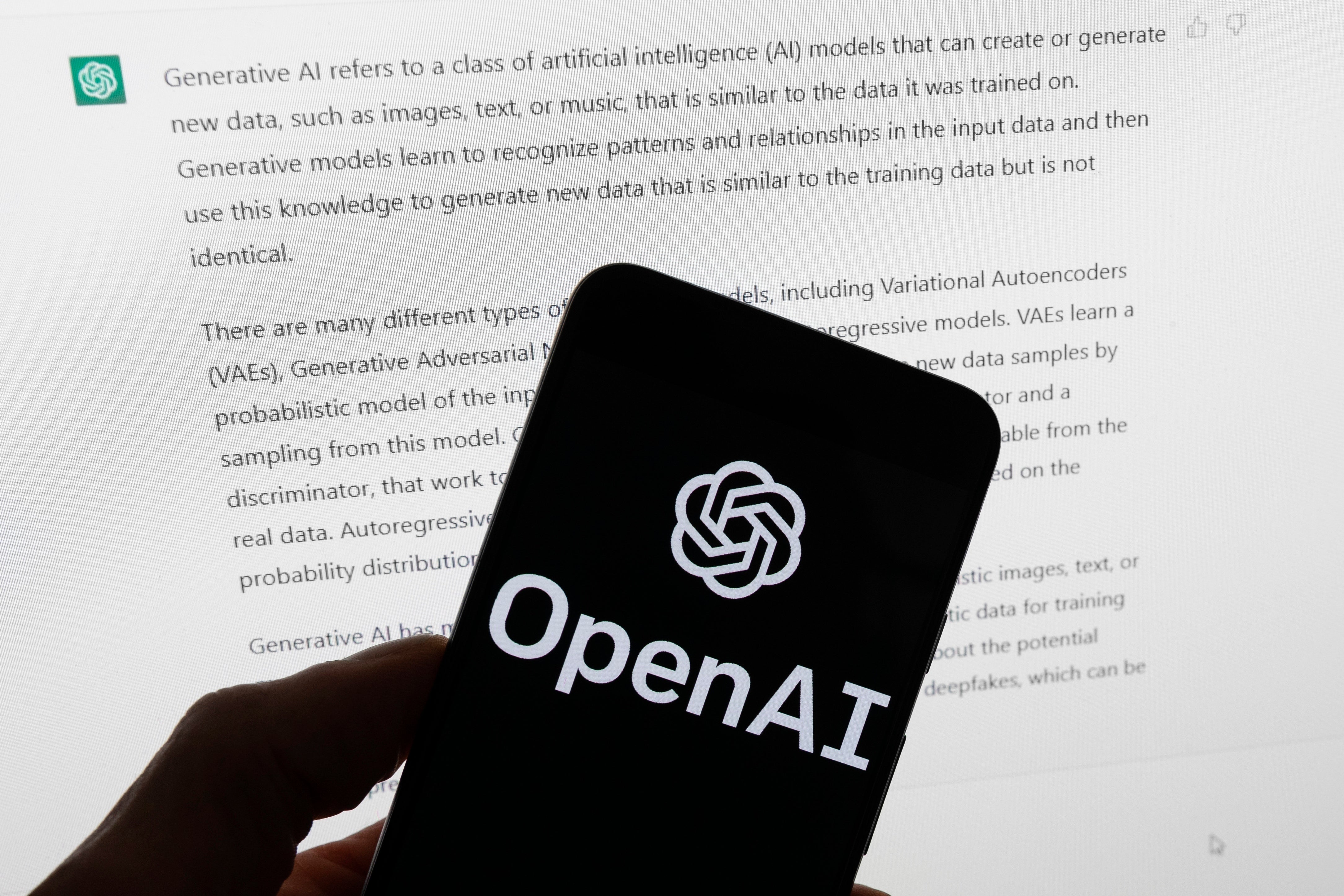ChatGPT's chief to testify before Congress as concerns grow about artificial intelligence's risks
The head of the artificial intelligence company that makes ChatGPT is set to testify before Congress as lawmakers call for new rules to guide the rapid development of AI technology

The head of the artificial intelligence company that makes ChatGPT is set to testify before Congress as lawmakers call for new rules to guide the rapid development of AI technology.
OpenAI CEO Sam Altman is scheduled to speak at a Senate hearing Tuesday.
His San Francisco-based startup rocketed to public attention after its release late last year of ChatGPT, a free chatbot tool that answers questions with convincingly human-like responses.
What started out as a panic among educators about ChatGPT's use to cheat on homework assignments has expanded to broader concerns about the ability of the latest crop of “generative AI” tools to mislead people, spread falsehoods, violate copyright protections and upend some jobs.
And while there's no immediate sign that Congress will craft sweeping new AI rules, as European lawmakers are doing, the societal concerns brought Altman and other tech CEOs to the White House earlier this month and have led U.S. agencies to promise to crack down on harmful AI products that break existing civil rights and consumer protection laws.
“Artificial intelligence urgently needs rules and safeguards to address its immense promise and pitfalls,” said a prepared statement from Sen. Richard Blumenthal, the Connecticut Democrat who chairs the Senate Judiciary Committee’s subcommittee on privacy, technology and the law.
Founded in 2015, OpenAI is also known for other AI products including the image-maker DALL-E. Microsoft has invested billions of dollars into the startup and has integrated its technology into its own products, including its search engine Bing.
Also testifying will be IBM's chief privacy and trust officer, Christina Montgomery, and Gary Marcus, a professor emeritus at New York University who was among a group of AI experts who called on OpenAI and other tech firms to pause their development of more powerful AI models for six months to give society more time to consider the risks. The letter was a response to the March release of OpenAI's latest model, GPT-4, described as more powerful than ChatGPT.
“Artificial intelligence will be transformative in ways we can’t even imagine, with implications for Americans’ elections, jobs, and security,” said the panel's ranking Republican, Sen. Josh Hawley of Missouri. “This hearing marks a critical first step towards understanding what Congress should do.”
Altman and other tech industry leaders have said they welcome some form of AI oversight but have cautioned against what they see as overly heavy-handed rules. In a copy of her prepared remarks, IBM's Montgomery asks Congress to take a “precision regulation" approach.
"This means establishing rules to govern the deployment of AI in specific use-cases, not regulating the technology itself,” Montgomery said.
Bookmark popover
Removed from bookmarks